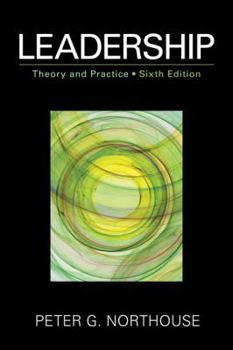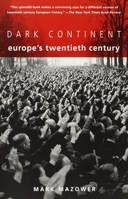Leadership: Theory and Practice
Select Format
Select Condition 
You Might Also Enjoy
Book Overview
Customer Reviews
Rated 5 starsA High Quality Book
According to Kurt Lewin, "There is nothing as practical as a good theory". This is an apt comment in reference to Peter Northouse's book "Leadership: Theory and Practice". The author methodically and clearly explained the major theories and concepts of leadership in a readable and easily understandable manner, in a way that readers can easily implement them. Northouse stresses the need to link leadership with ethics and values...
0Report
Rated 5 starsTheory and Practice at a Very Good Price
Now in it's fourth edition, this book is written to attempt to bridge the gap between the simplistic popular literature and the more abstract theoretical approaches. It does this with a layout approach I have not seen before. It uses two color printing throughout and usually the theory about a situation is printed on the white pages and then a case study is printed with a blue background. The case study directly relates to...
0Report
Rated 5 starsVery useful and educational book
We are using this in my Intro to Leadership course at college and I have found the book to be very interesting. The author writes very clearly and explains everything quite well. I know its weird to write about, but I really enjoy this authors writing style. I rarely get an academic book where the writing is simple and very straight forward. In a crunch, I can read the first setence or two from each of his paragraphs and understand...
0Report
Rated 5 starsFor practical use by any aspiring or practicing leader
Now in its third edition, Leadership Theory And Practice by Peter G. Northouse (Professor of Communication, Western Michigan University) examines the foremost leadership theories with particular attention as to how each approach can be directly applied to real-world situations and organizations. Exploring basic approaches (as well as theories such as the Contingency Theory, Path-Goal Theory, Leader-Member Exchange Theory),...
0Report
Rated 5 starsFinally! A user-friendly theory book
For those seeking a crisp, clearly written book summarizing all the major leadership theories without being numbed into sleep, this book is it. Beginning with trait approaches, Northouse covers all the major leadership theories--style, situational, contingency, path-goal, leader-member, transformational, team, psychodynamics, gender, and ethics. Northouse clearly explains each theory, discusses the strengths and weaknesses...
0Report






























































